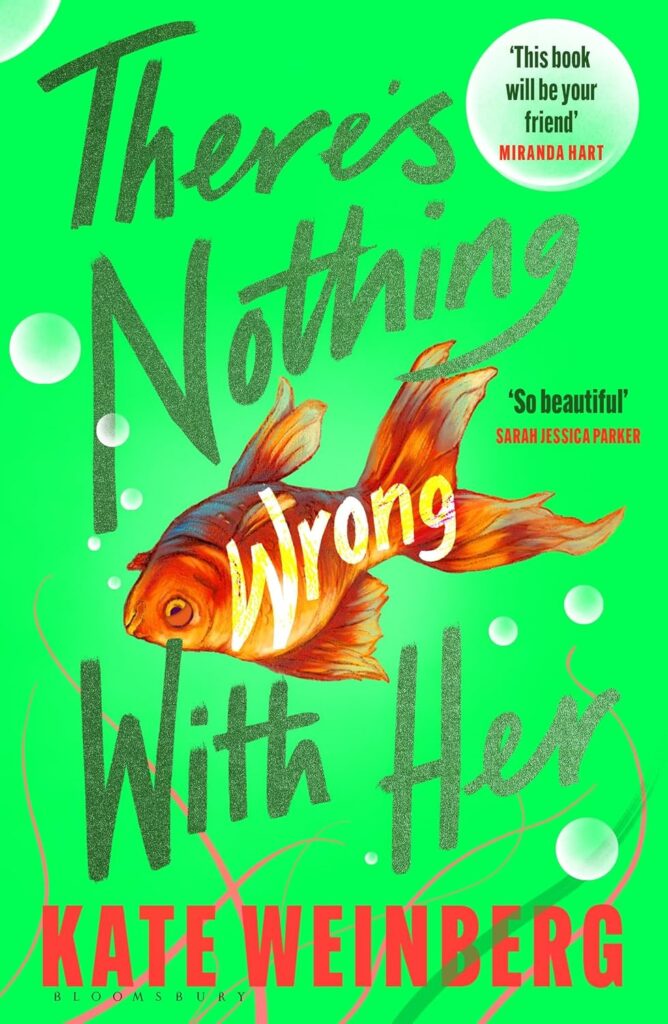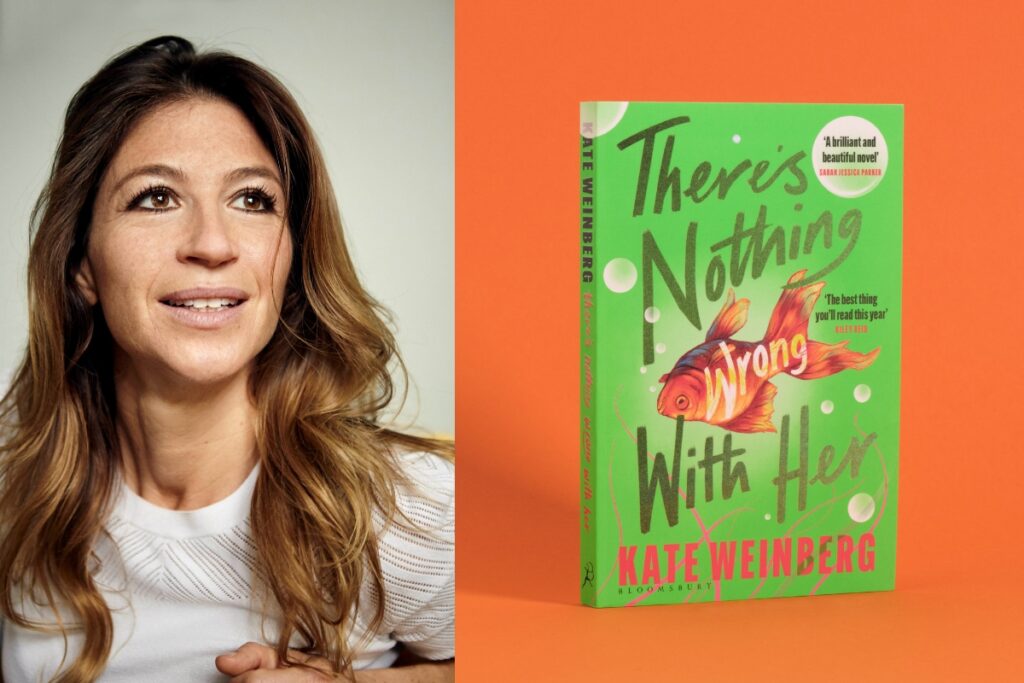Acclaimed author of The Truants, Kate Weinberg is back with her crackling, comical second novel There’s Nothing Wrong With Her. The book follows Viita Woods, a thirty-year-old who seems to have it all, a good job, a vivacious best-friend-and-sister Gracie, and a successful doctor boyfriend, Max – except Vita has been house-bound for months, with an illness no doctor, even Max, can diagnose.
To celebrate the book’s publication in paperback, and in honour of her gloriously imperfect protagonist Vita, Kate has shared six of her favourite books with flawed female protagonists.
Most people can recall where they were when 9/11 happened, or Princess Diana died. I can’t exactly, but I do remember where I was when I read the first few pages of Penelope Lively’s Moon Tiger (sitting on a warm brick wall, outside school, summer term.) My head was suddenly ringing with the irreverent, irresistible voice of Claudia Hampton. Ever since I’ve been addicted, both as reader and writer, to flawed heroines. Partly because the experience is one of almost constant l’esprit d’escalier, full of yikes-she-really-did-say-that moments. And partly because their increasing prevalence — in literature and across all storytelling — signals something deliciously subversive. Unlike the “feisty” and “insubordinate” heroines like Jane Eyre and Elizabeth Bennet who we cherish for speaking their minds within acceptable boundaries, these latter-day narrators don’t just cross lines — they obliterate them with a mix of gleeful and damaged abandon.

Greta transcribes sex therapy sessions for a living but can’t manage the boundaries of her own life. Eavesdropping professionally on other people’s intimate confessions, she becomes obsessed with a client she nicknames “Big Swiss” and orchestrates a “chance” meeting that spirals into an explosive affair. Her narration is as morally dubious as her actions—detached, darkly funny, and breathtakingly self-serving. She stalks, she lies, she manipulates, all while maintaining the cool distance of someone who thinks she’s above the mess she’s creating. Greta doesn’t want your approval; she’s too busy satisfying her own appetites to notice your judgement.
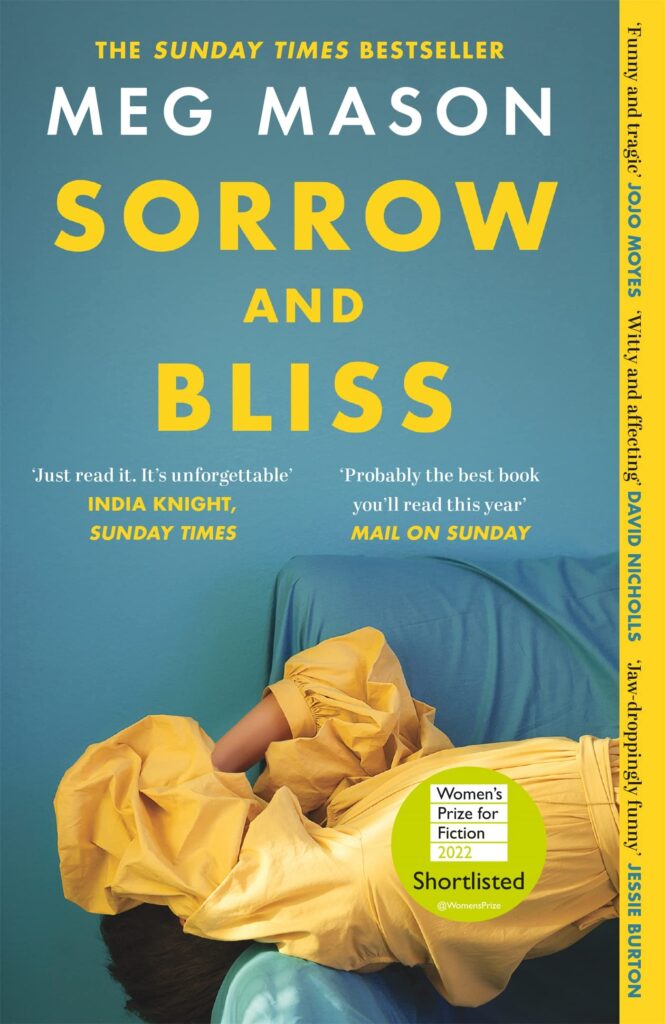
Shortlisted for the 2022 Women’s Prize for Fiction
Martha Friel has a gift for observation that’s matched by her talent for self-sabotage. Armed with wit that she deploys like friendly fire, she’s spent forty years grappling with an unnamed mental illness while systematically alienating nearly everyone who loves her. She describes her relationship failures with such deadpan precision you almost miss how she’s burning everything to the ground. Martha doesn’t soften her edges or apologise for her catastrophic choices; instead, she invites you into her brittle, brilliant mind where the most devastating truths are delivered with a punchline.
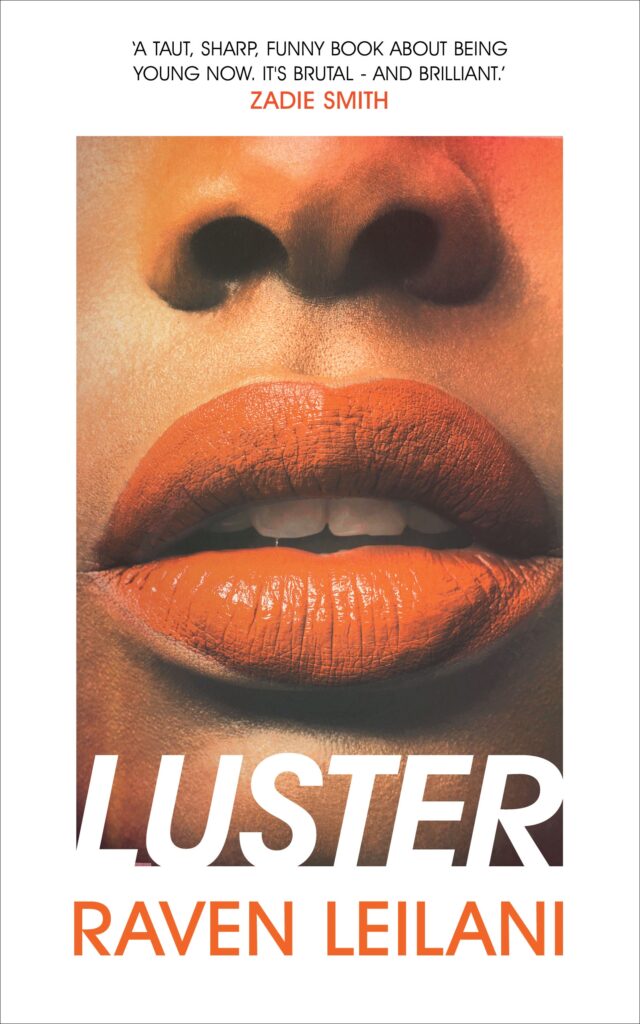
Longlisted for the 2021 Women’s Prize for Fiction
Edie is a 23-year-old disaster navigating her eviction from both meaningful employment and romantic entanglements. An artist who can’t commit to creating art, she drifts into an affair with a married man in an open relationship, then insinuates herself into his family. Black in predominantly white spaces, broke in a world of privilege, Edie observes everything with acidic precision while making choices guaranteed to complicate her already precarious life. She’s not a likeable heroine—she’s more interesting: a young woman refusing to perform palatable femininity.
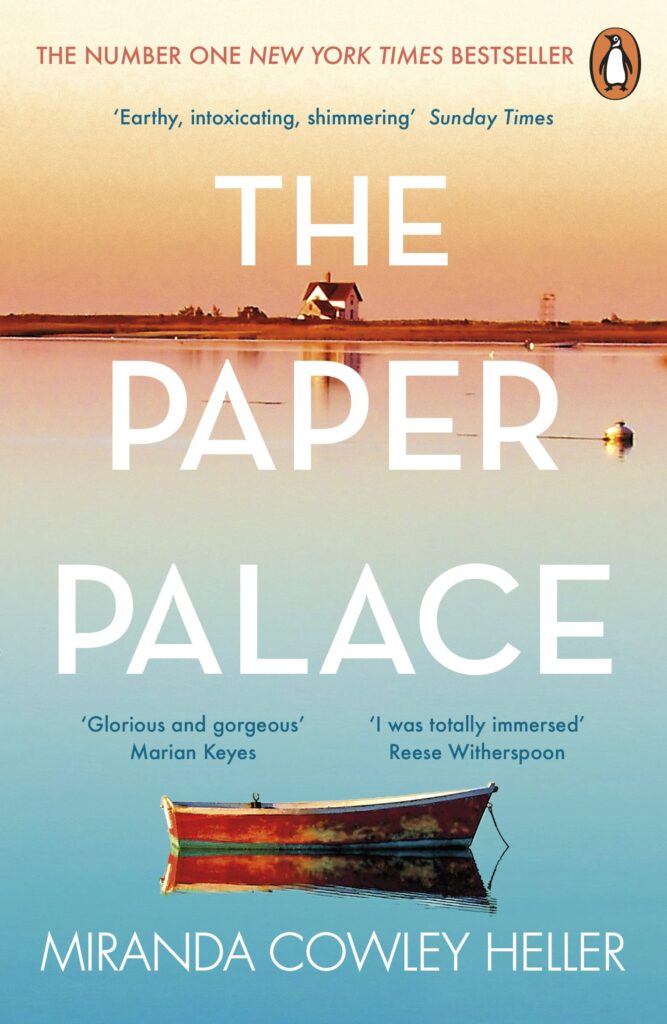
Longlisted for the 2022 Women’s Prize for Fiction
Elle Bishop carries the weight of childhood trauma beneath her composed exterior, only to detonate it all during one reckless 24-hour period at her family’s Cape Cod summer home. Her narration slips between past and present with the same casual disregard she shows for marital vows, revealing a woman whose damage doesn’t make her a victim but a complicated agent of her own desires.
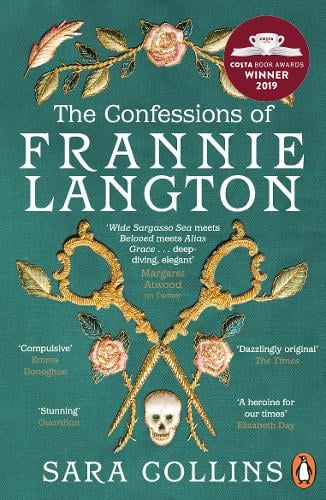
Frannie Langton refuses to be a footnote in her own story. A former slave on trial for murder in Georgian London, she seizes narrative control with the same ferocity with which she pursued forbidden knowledge and dangerous desire. She’s unapologetic about her opium addiction, her same-sex passion and her rage, wielding her eloquence like a weapon against those who would reduce her to either victim or villain.
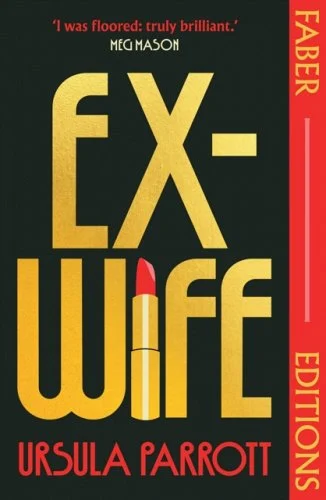
Mary Hazzard navigates 1920s New York divorce culture with a cocktail in one hand and cynicism in the other. A reluctant divorcée who’s traded domestic security for Manhattan’s jazz-soaked freedom, she chronicles her sexual adventures with shocking frankness for her era. A century before ‘messy women’ became literary currency, Mary was already showing us that a woman’s most compelling story isn’t in her triumph or tragedy, but in her unapologetic refusal to be either saint or cautionary tale.
